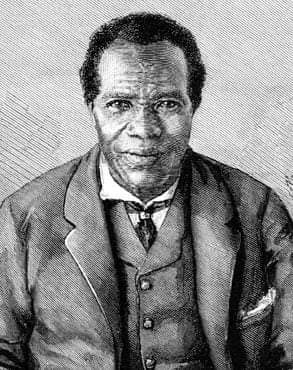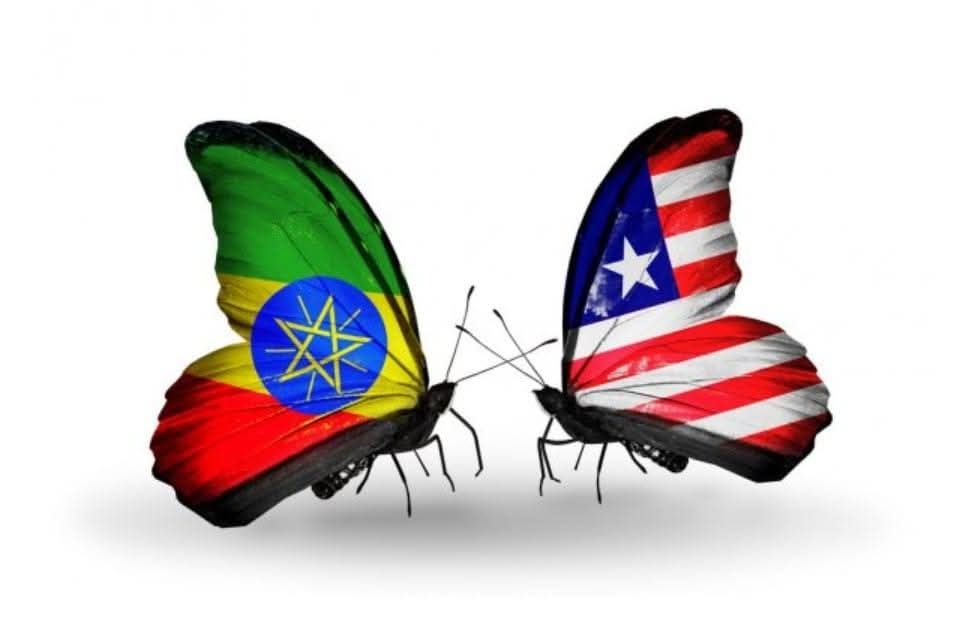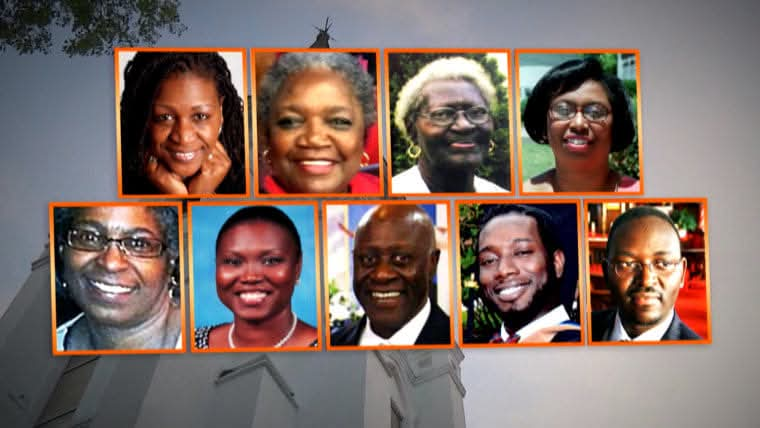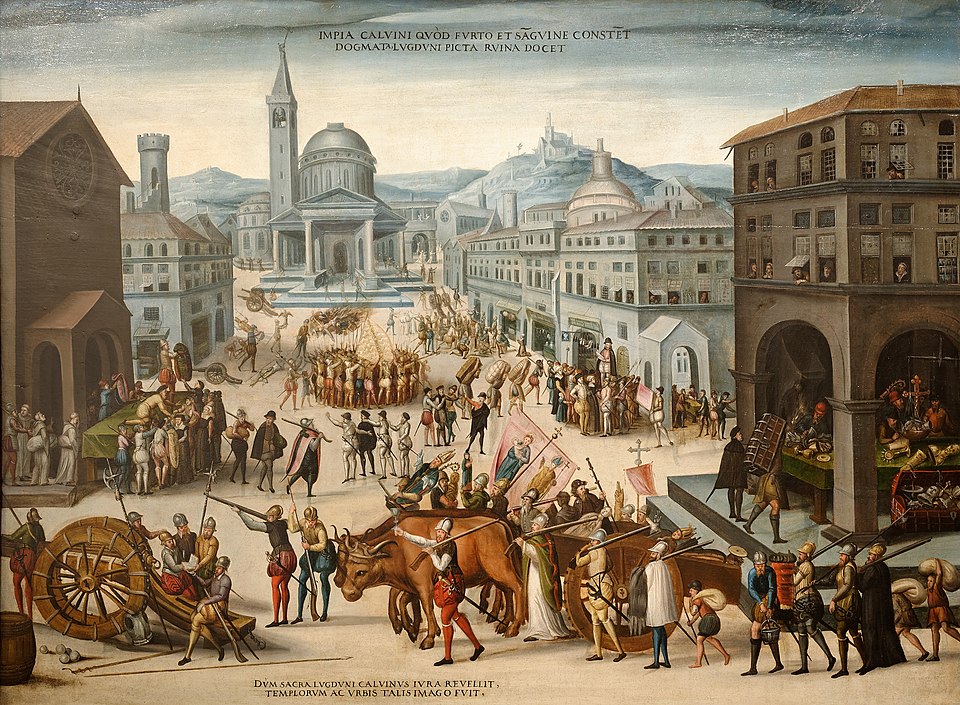JAJA OF OPOBO: Tale of Nigeria’s First Millionaire | How the British Ended His Trade Dominance in 1884 by Elizabeth Johnson

Did you know that through Jaja's monopoly over importation and exportation of palm oil, foreign traders especially the Britsih were forced to pay taxes to him?
JAJA of Opobo, the man who rose against the odds of poverty and colonial rule to become Nigeria’s first international trader and millionaire in the 19th century was born as Mbananso Okwaraozurumbaa in a small village in Orlu in what is now Imo State in present-day Nigeria.
The founder and king of a prosperous city, he is popularly known as Jaja Opobo, a name given to him by the British which later became his household name. To the Igbos, he is known as Jaja Jubogba or Jo Jo Ubam. He is regarded as a hero who left a mark of great significance in the history of Nigeria and West Africa.
At the age of 12, Jaja was captured by his father’s enemies and sold into slavery ending up in the Kingdom of Bonny. It was his first owner who gave him the name Jubo Jubogha. Jaja worked very hard for his master and was very humble until he was sold again to Chief Alali who was the ruler of the Opubo Anne Pepple Royal House.
In those days, the Bonny Empire was a flourishing kingdom in ancient Nigeria that gained its wealth through trade and business in the slave trade. Slaves were granted their freedom if they had successful businesses and could rise in the social classes to become prominent people in society as well as rule. Jaja worked for the chief and run businesses on the side until he was able to buy his freedom and become a man of is own.
With his new found freedom and already flourishing businesses, Jaja concentrated on running his businesses well and learnt the tricks and wits of working as a trader especially with the British. At a very young age, he had earned for himself high social status and an enviable name in the trading business in West Africa.
At the death of his former enslaver, the ruler of the Opuba Anne Pepple Royal House, there was no one interested in taking up the throne because of the debts the royal house had incurred over the years. Seeing it as both a business opportunity and a way of honouring the late chief, Jaja boldly took up the role and paid off the debts in a matter of two years.
By the rule of Jaja, the Anne Pepple Royal House became the richest and strongest trading house under the Bonny Empire. But in 1859, Jaja was forced to leave the royal house after a fire outbreak allowing the envious Manilla Pepple House to take over the Anne Pepple House. In the same year of 1859, Jaja established the Opobo city-state.
Through his intelligent administration and expansion of trade links, Opobo city-state became powerful and had control over the traditional sources of palm oil in the region and took over fourteen of the eighteen trade houses under the Bonny Empire.
Jaja was very opened to western social development and learnt to speak very fluent English, building schools in Opobo, as well as other social amenities which quickly developed the city. Jaja employed many African Americans to teach in his schools providing quality education to students. Despite being open to western trade and social development, Jaja was greatly against the political ambitions of the British Empire and protected his city for as long as he could.
It only took a while for Jaja to be labelled as a tyrant by the British who tried to get rid of the powerful King and businessman who was in charge of several of West Africa’s biggest trading businesses. To prove to the British that an African was capable of being great without their help, Jaja started exporting palm oil directly to the UK through his own ships pioneering Nigerian export trade and becoming the first Nigerian and West African to directly export to the West.
Jaja became a millionaire and caused the western trade to fall in West Africa. Through his monopoly over importation and exportation of oil, foreign traders especially the Britsih were forced to pay taxes.
Through his wealth, King Jaja also became a powerful politician and owned a strong military which was sent out to help the British during the Anglo-Ashanti wars in 1875 to which the Queen honoured him. Jaja had many wives and children who he took pride in and was a very responsible father sending all of his children to the best school in West Africa and the West.
In 1884, King Jaja of Opobo was made to sign a peace treaty with the Britsih under the orders of Consul Hewet. The treaty made Opobo city a protectorate under the British. King Jaja only agreed to the treaty after it was agreed that the clause under the treaty that allowed free trade and unlimited access to the city be removed.
A year later, the British empire declared the Gulf of Guinea a British protectorate allowing free trade and Jaja opposed this ruling declaring that his city will not be affected by such rules. At the Berlin conference of 1884, he was labelled a terrorist and accused of illegal trade and plans to rid his city of the British.
In 1887, King Jaja of Opobo was trapped by the British through the then Vice Consul Harry Johnston who invited Jaja for a peace talk conference which he accepted after several appeals. While onboard the warship Goshawk, King Jaja of Opobo was served with deportation or to see the complete destruction of his city. King Jaja was deported to Accra, Gold Coast, now modern-day Ghana, where he was immediately arrested, tried and found guilty on all charges and exiled to St Vincents Island in the West Indies.
His absence caused a halt in trade between the British and the City of Opobo. After several appeals to the British Empire against his unfair treatment, King Opobo was granted permission to return to his city-state in 1891 but died on his journey home. It is widely speculated that he was poisoned to death after being served a cup of tea with strict orders to be given to him.
The city of Opobo still exists in modern-day River State, Nigeria and a huge statue of the great king whose rule has been described as the fairest, close to perfect and a just practice of democracy Africa has ever seen can be found in the centre of the city.
ABOUT THE AUTHOR: Elizabeth Johnson is a Ghanaian–Nigerian avid reader and lover of the Creative Arts. She is also a writer and has worked with various online platforms as an editor and content creator. She also produces a literary radio show and has worked as a festival administrator. Her story was featured in the 2017 Independence anthology by Afridiaspora. Her play has been staged by African Theater Workshop and she is the 2018 winner of the Random Thoughts writing Prize.
#penglobalhistory



